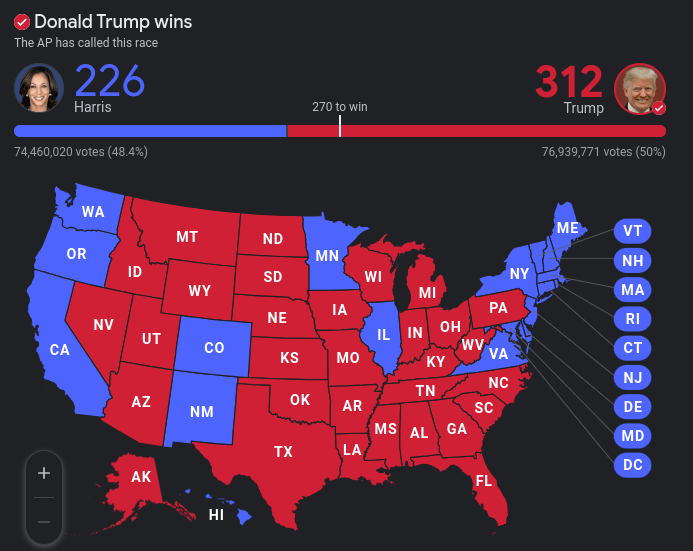Towards the end of March this year, Governor Cox signed into law Senate Bill 178, Devices in Public Schools, which banned the use of personal electronics in classrooms across Utah. Months later, weeks into a new school year, students are beginning to feel the effects of this change. It feels like everyone has an opinion on it; teachers love it, parents love it, the government loves it. But one question is often left out of discussions about this ban; what do the students think about it? Adults are always the ones steering the conversation, and yet they’re not the ones whom this policy directly affects.
But let’s set the record straight, because not many people actually know what exactly the policy changed about phone use. “It wasn’t a ban, but rather a reset of the standard” said Utah Senator Lincoln Fillmore– the sponsor of the bill– in an interview with Bingham Prospector. In short, the default policy of school districts has been changed to ban phones, but “local schools and principals and school boards are able to make tweaks that they feel like they might need locally” he stated.
Everyone knows the argument for taking phones out of school, with the two main benefits being that it helps social interaction and helps students focus on work in class. So has this ban actually improved those two aspects? Bingham students say no.
In a survey with 50 Bingham Students, 62% said the ban has done nothing to change social interactions in schools, and 46% said it hasn’t made doing school work any easier. Overall, 46% of students felt that the new change was not for the better, while 38% were actually for it.
However, teachers have a very different view of how the ban has affected students. In an interview, wrestling coach and social studies teacher Mr. Walker said, “student behavior school-wide is significantly better. I think it’s in combination with the attendance policy that we’re trying to roll out and the hall pass policy for Bingham.” And it’s not just teachers noticing this change. “I got a call from someone who is a school mental health counselor just last week who talked about at their school, which they attribute to changes in cellphone policies, that school fights are down, school mental health counseling hours are down, school discipline is down. And that is exactly what I expected and hoped to see” described Senator Fillmore.
One common sentiment was expressed by students in the survey; teachers should have the ability to allow phones in classrooms. Comments from students included;
“Teachers should have the option to ask students to use [phones]”
“Teachers should have more control over [phones] in their class, and I think some things like music should be allowed if there’s work time”
“Frogs are cool”
“I feel like teachers should have their own say in their own classrooms”
“:)”
So is it possible for Bingham’s policy to change? While that decision is ultimately left up to the school board, in the meantime, students can express their thoughts and feelings to members of the school district to get them to see the situation from our point of view. Nothing brings more change than taking action, and if you as a student don’t like the policy or want to see some changes, then sharing that is the best way to bring that change.



![Photo Credit; Miller, Kim. “City of Asheville prepares for a weekend of winter weather.” City of Asheville prepares for a weekend of winter weather [Ashville], 10 February 2023, https://www.ashevillenc.gov/news/city-of-asheville-prepares-for-a-weekend-of-winter-weather/. Accessed 06 January 2025.](https://binghamprospector.org/wp-content/uploads/2025/01/Screenshot-2025-01-14-7.54.38-AM.png)

